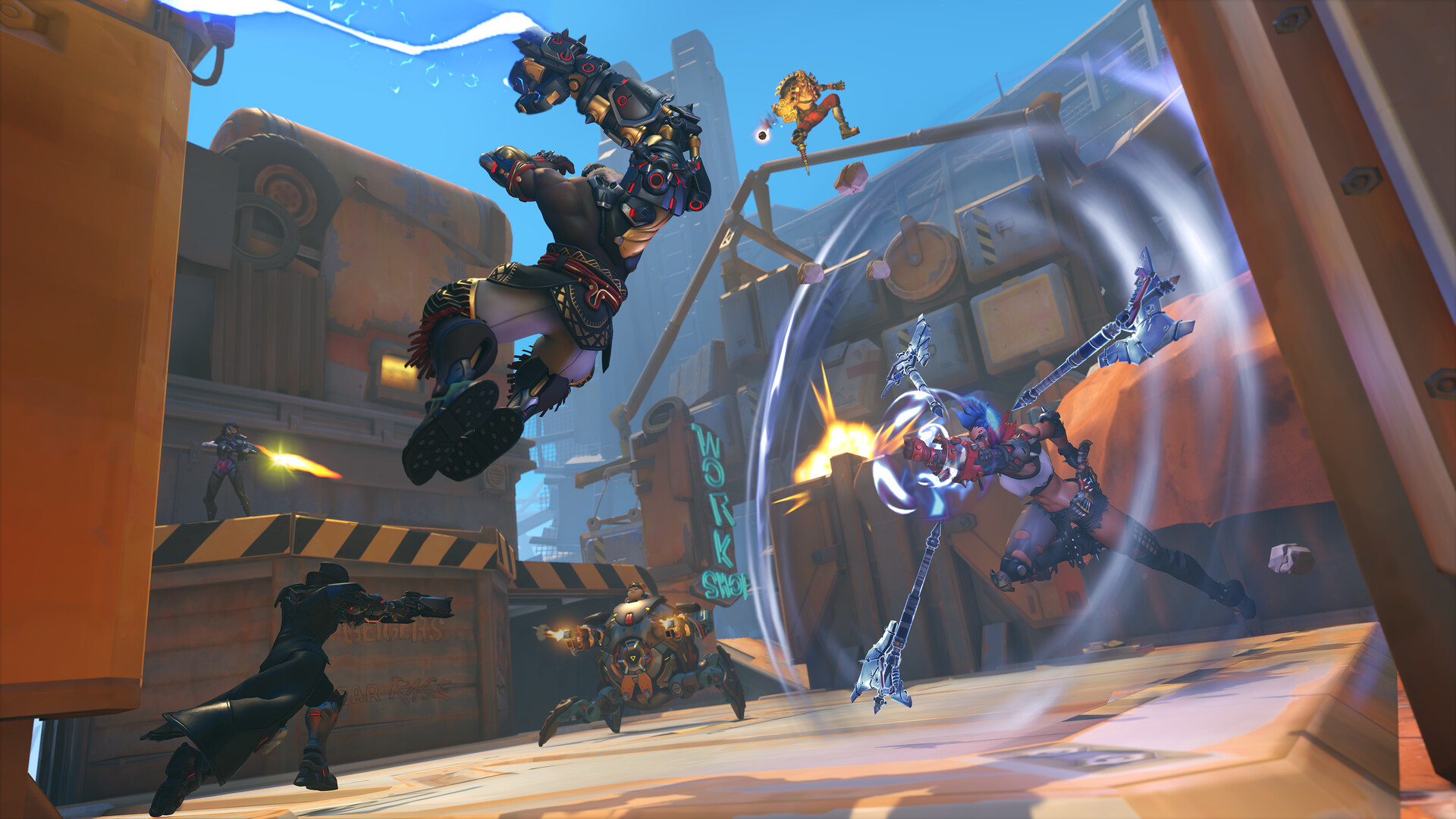At long last, after a dramatic 20-month tug of war involving lawsuits, regulatory roadblocks, and even a handful of unexpected leaks, Microsoft's colossal acquisition of Activision Blizzard, tagged at a whopping $68.7 billion, is inching towards its climax. The best part? The finish line seems to be Friday the 13th.
While the superstitious might consider that date a bit ominous, there's no solid data suggesting anything particularly malevolent occurs on that day. But, if you're Microsoft, perhaps it's just another level to conquer.
It's intriguing to note that the acquisition doesn't merely represent Microsoft buying a company. It's akin to acquiring an empire, with franchises that have shaped gaming for years: think Call of Duty, Diablo, Overwatch, WarCraft, StarCraft and even the addictive Candy Crush. If this deal finalizes, these big-hitters will operate under the Microsoft banner. Can you imagine booting up your Xbox to play the latest Call of Duty sequel, knowing all of these games (and more) are all under one tech giant's roof? This is the reality that Sony and the FTC were so vehemently against for over a year.
But the process hasn't been a mere walk in a digital park. Earlier this year, the UK's Competition and Markets Authority, the CMA, momentarily halted the acquisition due to concerns over cloud gaming monopolies. Microsoft had to bunny hop and slide its way across multiple regulatory bodies just to find a way to get through. Ultimately, the solution was to offload certain cloud gaming rights of Activision Blizzard over to Ubisoft. This clever maneuver, akin to a strategic in-game alliance, helped Microsoft secure preliminary approval from the CMA.

